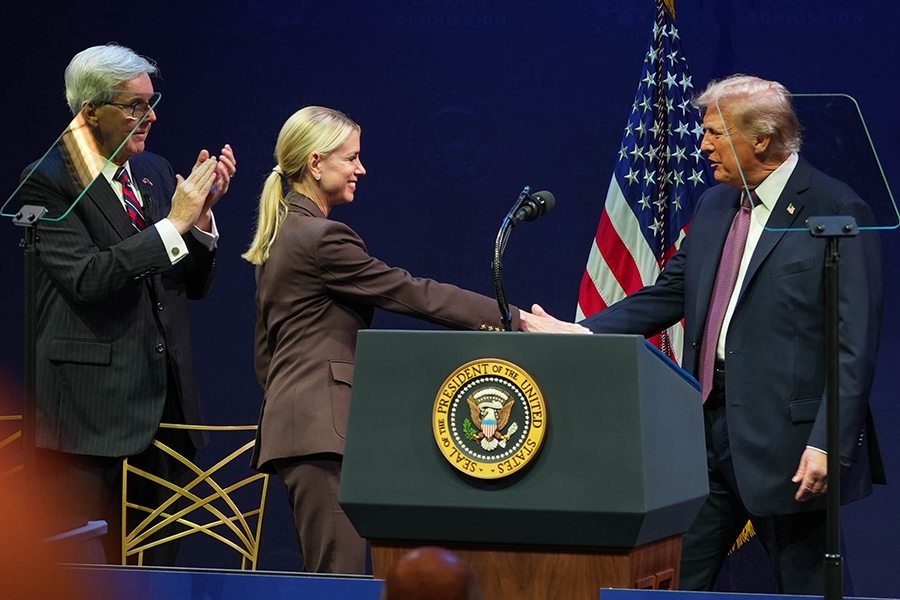
By Editorial Board
Boston Globe
Apple may have won widespread public sympathy in its showdown with the FBI, but some of its less publicized decisions in the case should raise alarms. As part of its legal campaign to resist an order to break into a terrorist’s iPhone, the company is quietly pushing a pro-corporate interpretation of the First Amendment that could do real damage to the government’s ability to regulate commerce and protect consumers.
A bit of background: After the terrorist massacre in San Bernardino last year, federal investigators were unable to access an iPhone that belonged to Syed Farook, one of the attackers. To overcome the phone’s security features, authorities ordered Apple to write new software that would allow the FBI to break into the phone. Apple says creating the code the FBI demands would weaken privacy protections for all iPhone users and has engaged in a war of words with the Justice Department over the government’s demand. The legal battle is now on hold as the FBI explores a possible workaround that might allow investigators to enter the phone without Apple’s help. But if that method fails, the case could soon heat up again.
Much of the company’s case rests on reasonable objections to the FBI’s interpretation of a 1789 law, the All Writs Act, which the government claims gives investigators the power to demand Apple help them. But Apple goes a step further, adding a misguided constitutional contention. That part of the company’s case goes like this: Complying with the FBI order would require it to write code. Computer code, courts have ruled in other cases, is a form of speech. Thus, the order amounts to a First Amendment violation.“The government seeks to compel Apple’s speech” in the form of code it objects to writing, the company said in a court filing.
But while Apple has a lot of good reasons to fight the FBI in the San Bernardino case, the First Amendment is not one of them.
To read more click here.





